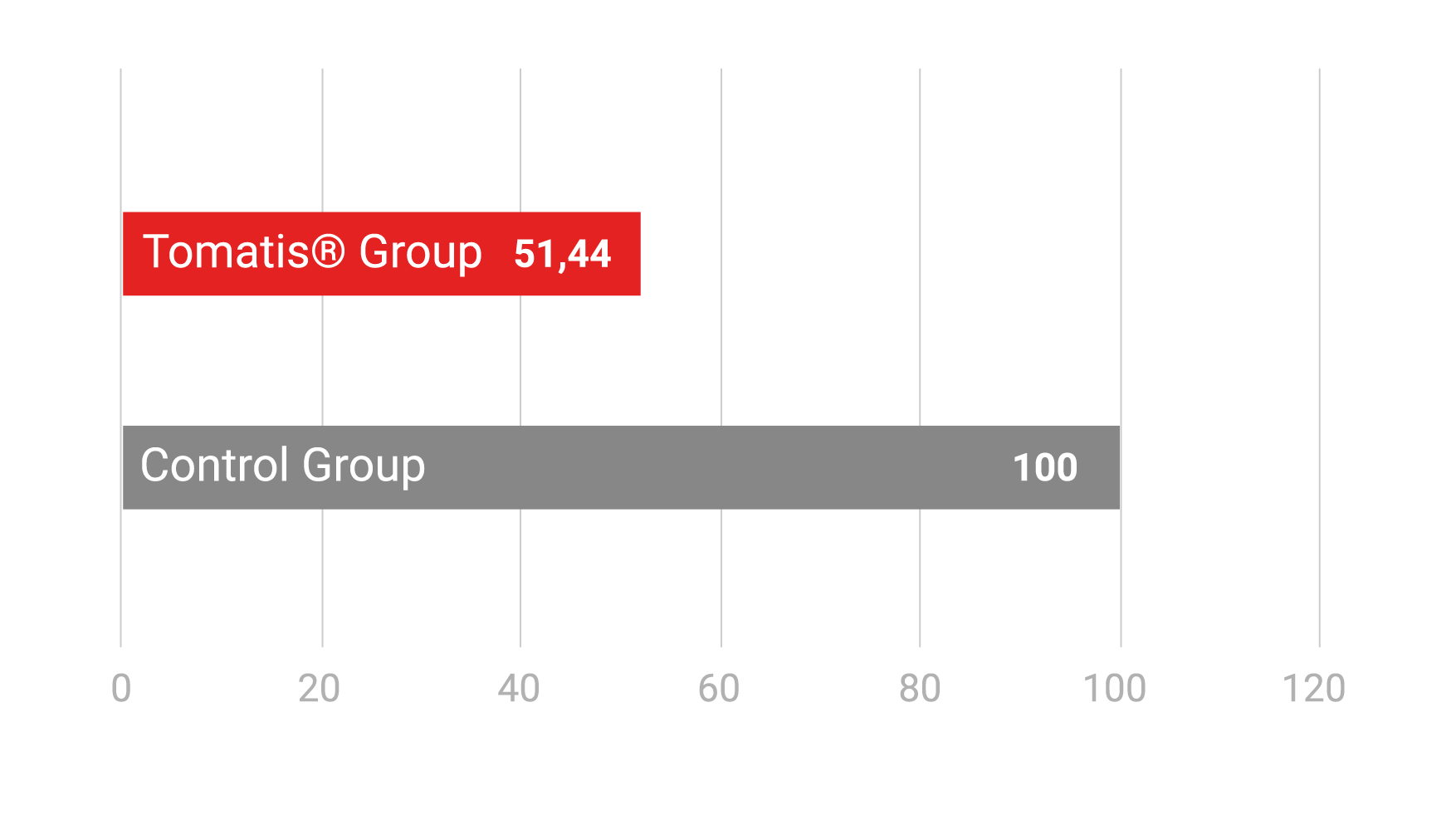Pronounce, proven efficiency

Pronounce Results Overview
English Progress that Speaks for Itself.
Global Results Comparison
The results of the before / after evaluations show clear progress in standard academic level of intermediate (B1) learners.
- * Methodology can be found here.
- 1 According to the Cambridge English Language Assessment standard, each progress point corresponds to 11 hours of learning with a classic method.
- 2 Study conducted as part of our Early Adopters program.
Detailed Comparative Analysis
Phonological Control
This item assesses rhythm, stress, and intonation. It measures the ability to move away from one’s native language to speak well.
Coherence and cohesion
This item refers to the ability to organize and bridge ideas to build a speech or express a point of view.
Spoken fluency
This item measures the ability to share information in a spontaneous and structured way using natural English expressions.
Grammar
This item measures the appropriate and accurate use of grammar rules and syntax.
Vocabulary
This item evaluates the richness and accuracy of the vocabulary used in a context.
Their reviews on Pronounce
What they Have
to Say




Focus on Learners

Daniel M
Project Manager
Analysis: Daniel has reached a new level and his general assessment shows a 36% increase. The test reveals that he has particularly improved the coherence and cohesion of his speech in only 20 hours of training.

Isabelle G.
Actively seeking employment
Analysis: Isabelle has progressed on all the criteria, with an average increase of 48%. Her progression in verbal fluency is particularly spectacular, in only a few hours of practice with Pronounce.
Learner’s comment: My English comprehension has improved. I’ve noticed I have more vocabulary. My intonation and word stress have improved when I speak, it’s more musical. My self-confidence in English has drastically improved, I feel more spontaneous.

Anne V
Chargée d'affaires
Analysis: Anne’s starting level was standard and homogenous. Her results show a general increase on all levels of 47%.

Samuel, 42 ans
Evolution : B1+ à B2 (20h)
Commentaire de l’apprenant : Nous avons trop souvent constaté, avec nos clients et partenaires, qu’entre « non-natifs » anglophones, il est parfois difficile de se comprendre à l’oral en anglais.

Samuel, 42 ans
Evolution : B1+ à B2 (20h)
Commentaire de l’apprenant : Nous avons trop souvent constaté, avec nos clients et partenaires, qu’entre « non-natifs » anglophones, il est parfois difficile de se comprendre à l’oral en anglais.

Samuel, 42 ans
Evolution : B1+ à B2 (20h)
Commentaire de l’apprenant : Nous avons trop souvent constaté, avec nos clients et partenaires, qu’entre « non-natifs » anglophones, il est parfois difficile de se comprendre à l’oral en anglais.

Samuel, 42 ans
Evolution : B1+ à B2 (20h)
Commentaire de l’apprenant : Nous avons trop souvent constaté, avec nos clients et partenaires, qu’entre « non-natifs » anglophones, il est parfois difficile de se comprendre à l’oral en anglais.

Samuel, 42 ans
Evolution : B1+ à B2 (20h)
Commentaire de l’apprenant : Nous avons trop souvent constaté, avec nos clients et partenaires, qu’entre « non-natifs » anglophones, il est parfois difficile de se comprendre à l’oral en anglais.

Samuel, 42 ans
Evolution : B1+ à B2 (20h)
Commentaire de l’apprenant : Nous avons trop souvent constaté, avec nos clients et partenaires, qu’entre « non-natifs » anglophones, il est parfois difficile de se comprendre à l’oral en anglais.
Transparency & neutrality
EAP Protocol

Early Adopters
The 87 Early Adopters in the Pronounce program signed up a contract that committed them to using Pronounce for 30 minutes a day, 5 times a week.

CEFRL certified tests
The early adopters have all taken a certified English level test (before / after) that assesses the learner’s active skills (written and oral) according to the CEFRL standard.
Results
The graphs aggregate the average progress of all candidates after 20 hours of Pronounce use. During the year 2022, all results are progressively aggregated to the graphs.
Proven results
An important research project led by the European Union, with 128 foreign language learners, proved the efficiency of our method. To make our solution more accessible, we decided to develop the technology which would allow us to integrate it into a personal headset. This is how Pronounce came to life.
The study concludes:
“The students who have been trained to Hearing Perception (Tomatis®), can divide the time to learn a foreign language in half compared to the students who only attended a usual course without any Hearing Perception Training”
Time needed to obtain the same result

Time needed to obtain the same result : based on English Linguistic skills results
*The AUDIO-LINGUA Study was conducted over 3 years in 5 European Universities within the SOCRATES Program, the European Union Action Program for the transnational co-operation in Education. Learn more







